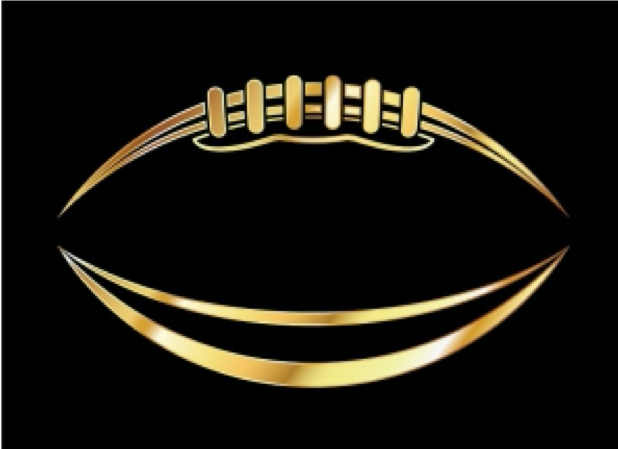
Trading is hard. This far-flung, never-ending electronic poker game serves up a mental challenge unlike any other. Anything can happen at any time. It looks like a numbers game but it’s really a people game. The data are numbers but the information is in the relationships between, and the implications of, those numbers.
Ambiguity reigns.
Successful traders figure out a method for making sense of price movement and an approach to their own mindset that keeps them playing only when they are healthy. They trade other people (whether they consciously understand that or not) and limit their involvement when they can’t find the rhythm of the dancing numbers.
In sports, this is offense and defense. It’s the well-thought out game plan plus the reactionary moves to prevent the other guy from scoring. In trading, the trader is both halves of the football team. Their method is the game plan and they defend against themselves as their key risk. You can’t win unless you know how to score but you also can’t win unless you know how to keep the other guy (yourself) from beating you.
Smart traders can clearly delineate their plays. They have confidence in their offense. Smarter traders can also identify their weaknesses and have a realistic strategy for curtailing their effect. They appreciate that trading well also requires playing defense.
To that end, the science of emotion now offers a whole new defensive strategy. Knowing what you feel and why you feel it gives you critical insight into powerful defensive moves. It pays to articulate the fears and frustrations of trading because otherwise you are subject to doing them. The advice to control your emotions really means to control your actions – a behavioral feat more easily accomplished through emotion knowledge and recognition.
To prove this to yourself, revisit every recent trading decision that you’ve been unhappy with. Think back and label the emotions that were in play. You will find that you were frustrated or fearful virtually every time.
Which is not to imply that the feelings themselves are wrong. It’s a futile effort to rid yourself of feelings. It’s a much more productive strategy to get a handle on what causes the feeling and what it really means to you. Traders I work with find all kinds of surprising feelings when they undertake this effort. Guilt crops up a lot for example. Understanding oneself makes a big contribution to great defense.
So what if you miss a trade? If you don’t lose the money and you normalize your mental state for the next trade, how much better off will your P&L be? So what if you take a small loss on a trade that doesn’t seem to be working? Ask yourself why it feels like your last opportunity, even though you have felt that feeling a hundred times before.

Knowing what you are feeling IS defensive. Pretending you don’t have feelings is like tackling your own teammate. Anticipating the impulsive aspect of your fear or frustration offers the chance to resolve it outside of an actual trade.
Subsequently you can better “hear” your intuition – the pattern intelligence behind what some scientists (Lerner, Harvard) now call the integral feelings of good decision making. Fear for example might very well be telling you something.
Just like in football, good defense gives your offense a better chance to win.

